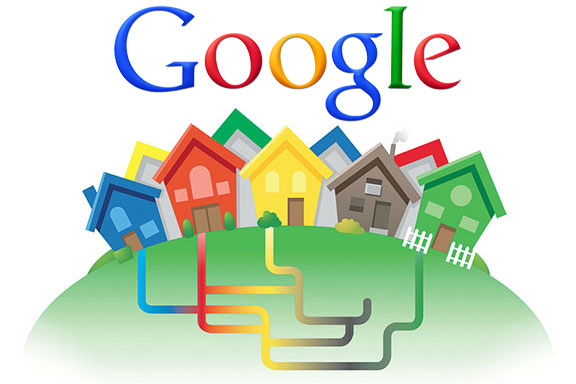To google or not to google
If you look in many, many common dictionaries nowadays the verb ‘to google’ is in there.
Jun 27,2015
 listen
listen
.
Jackie: In last week's podcast about household chores, I used the verb ‘to hoover’ instead of ‘to vacuum clean’. This is because in British English um… the make 'Hoover' has become so popular that um… that the actual name of the brand is being used as a verb.
Richard: Yes, for this week's podcastsinenglish.com we're going to talk about how various brands have become part of everyday English language.
Jackie: And whether that's a good thing or not.
Richard: A good thing or a bad thing. We talked about um… a home appliance, the hoover, but many years ago Xerox were very unhappy, weren't they?
Jackie: Well yes, because um… people… because Xerox again were one of the first big companies that made photocopying machines, quite quickly people started to use the verb ‘to xerox’ um… to mean ‘to photocopy’.
Richard: And they didn’t… strange… I would’ve thought they would’ve liked that but they didn't, did they Jackie?
Jackie: No. They actually ran an ad campaign to stop people saying ‘to xerox’ instead of saying ‘to photocopy’. And I think the reason was that the company were concerned that the word ‘Xerox’ would end up defining what it does, which is to photocopy, um… and not what it is: a company that makes photocopying machines.
Richard: They wouldn't be differentiated from their competitors, that was the problem.
Jackie: Yes, exactly. The name started to become a little bit meaningless. And I think that's what um… the main problem here is, is that all companies realise the importance of brand recognition.
Richard: Yes and the image. They were losing the image of Xerox as being the premier photocopying machine maker, I suppose.
Jackie: Yes and I can imagine nowadays people can go into an electrical appliance shop in the high street in the UK and ask for a hoover and actually be offered er… a range of vacuum cleaners and they may not actually be any of them the Hoover brand.
Richard: Right. And um… more recently another company was not very happy about their word becoming more common… their company name being more commonly used and that was Google.
Jackie: Yes, they… again it seems surprising but the lawyers for Google actually tried to restrict um… dictionaries using the verb 'to google' er… meaning ‘to search’.
Richard: But they lost, didn't they? And so if you look in many, many common dictionaries nowadays the verb ‘to google’ is in there.
Jackie: Yes, of course, because dictionaries put in what people actually say, so, you know, if that's what people say then the dictionaries of course are going to put it in. But it’s interesting isn't it because, you know, Google were worried about losing their brand recognition and the fact that it is harder to reinforce when that word becomes an everyday word.
Richard: But their competitors, Microsoft, thought differently, didn't they?
Jackie: Yes, I mean, of course it's a positive thing, it’s this enormous mass-market recognition and Microsoft realises that to have your brand being used as a verb, it reinforces the brand.
Richard: So they came up with their search engine, the word 'Bing' and they wanted that word 'Bing' to be used as a verb ‘to bing something’ and that's their search engine.
Jackie: Mmm, and they actually chose that word because they thought it was er… suitable to be used as a verb. So they can see the positive side of that.
Richard: Yes
Jackie: So listeners what do you think? Do you think um… whether you work for a company that provides a service or er… produces a product, do think it would be beneficial if your company became part of everyday English language. What do you think?
